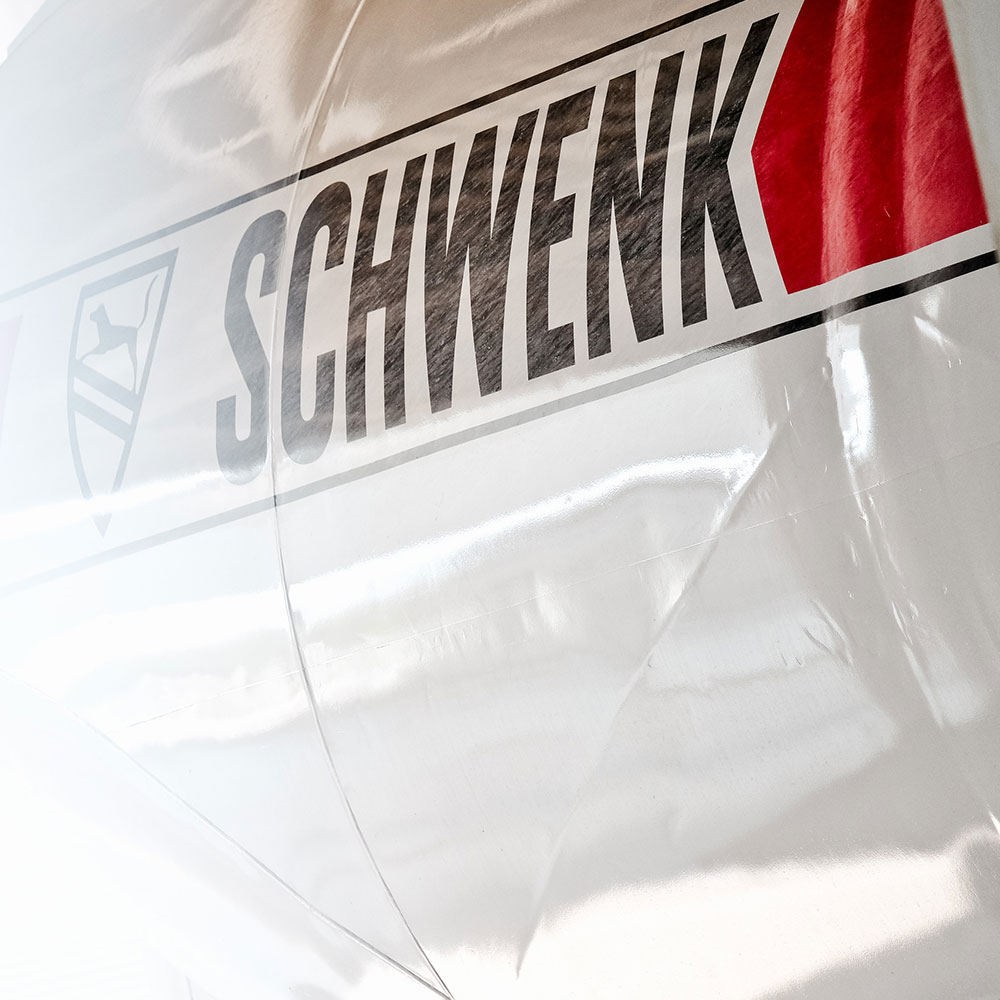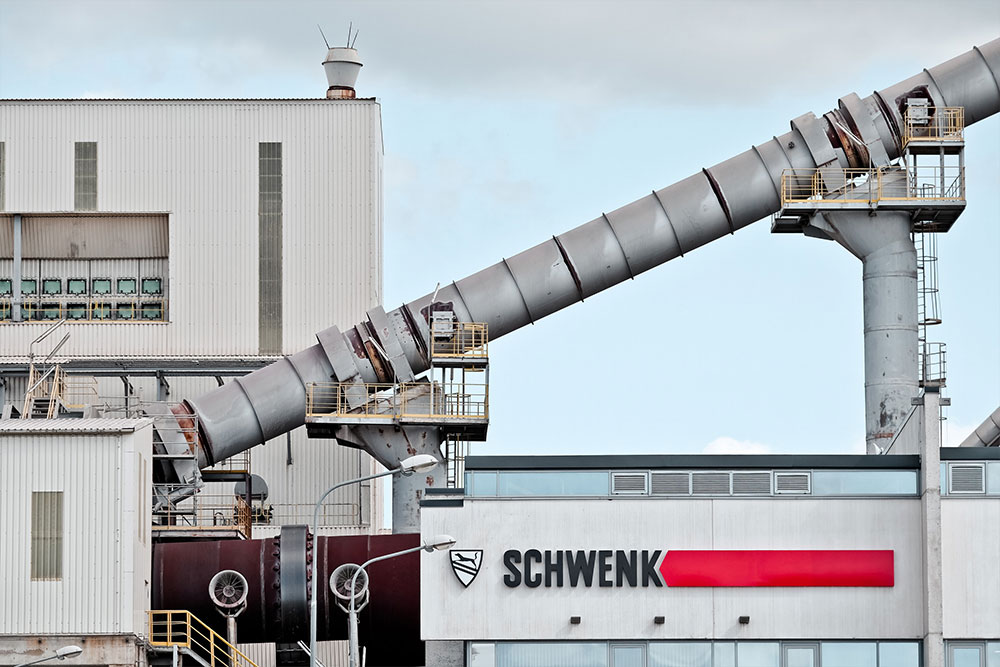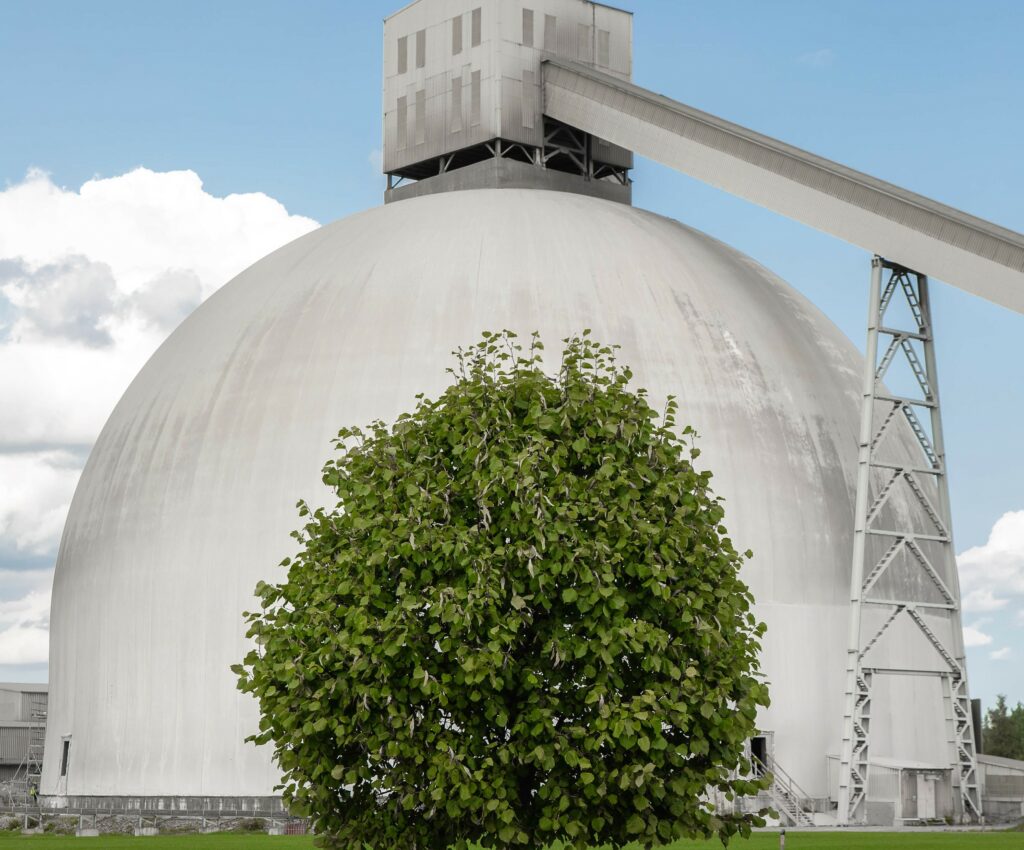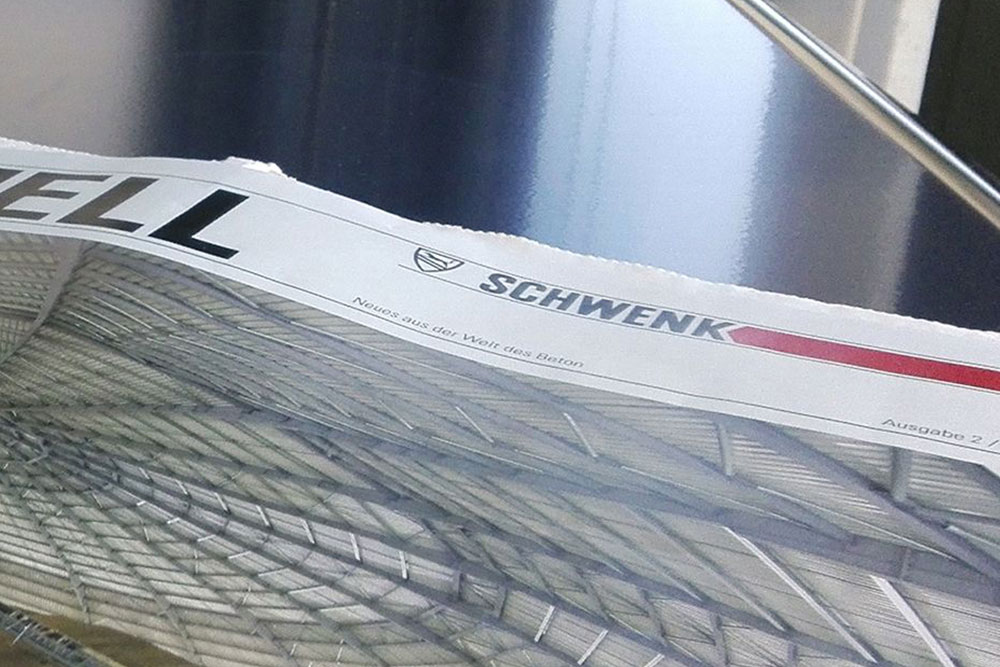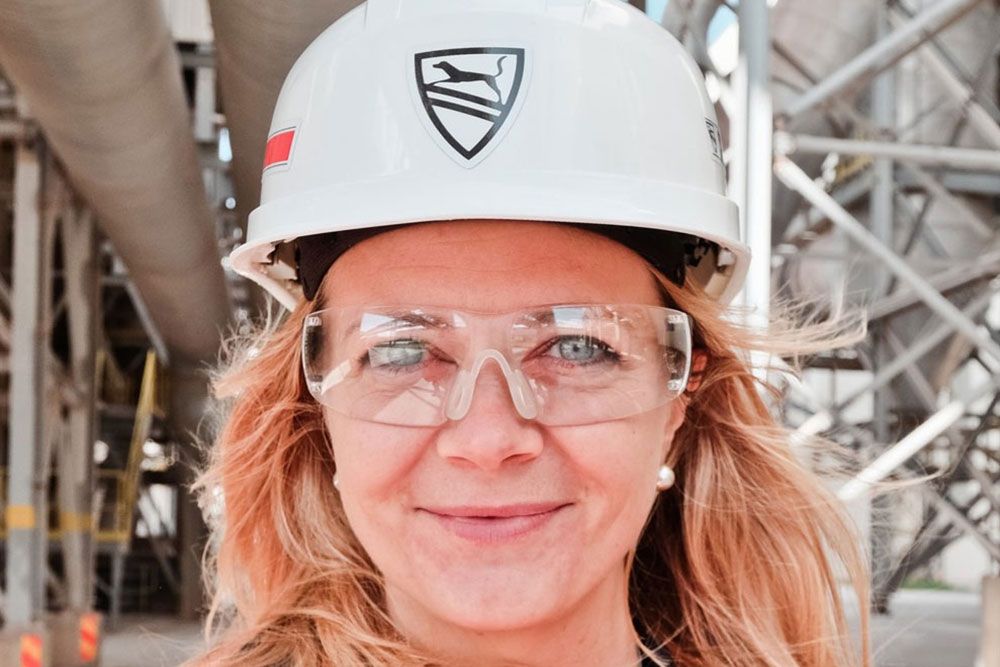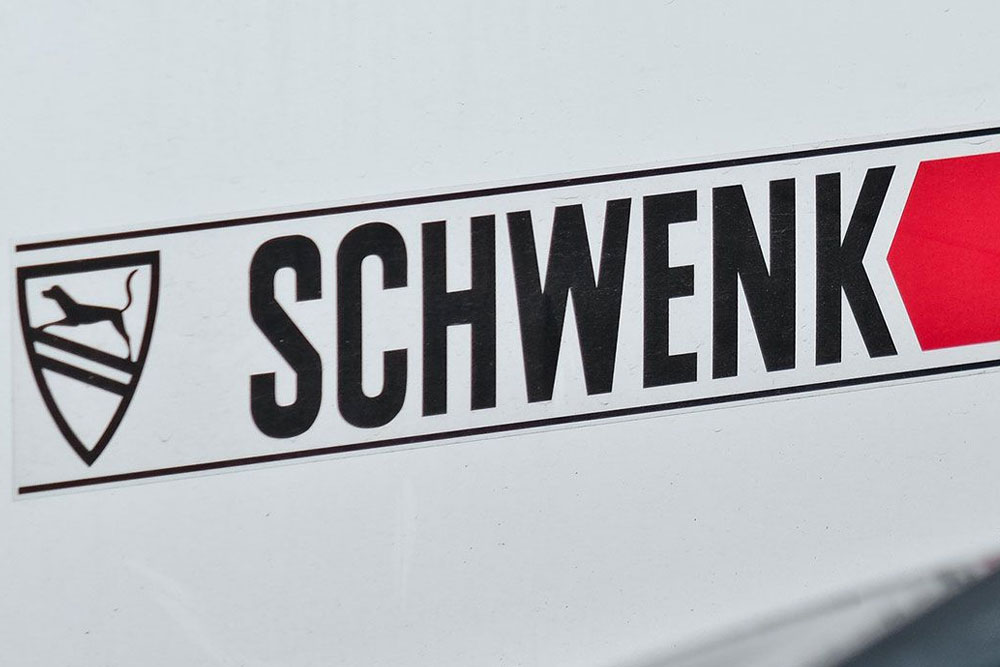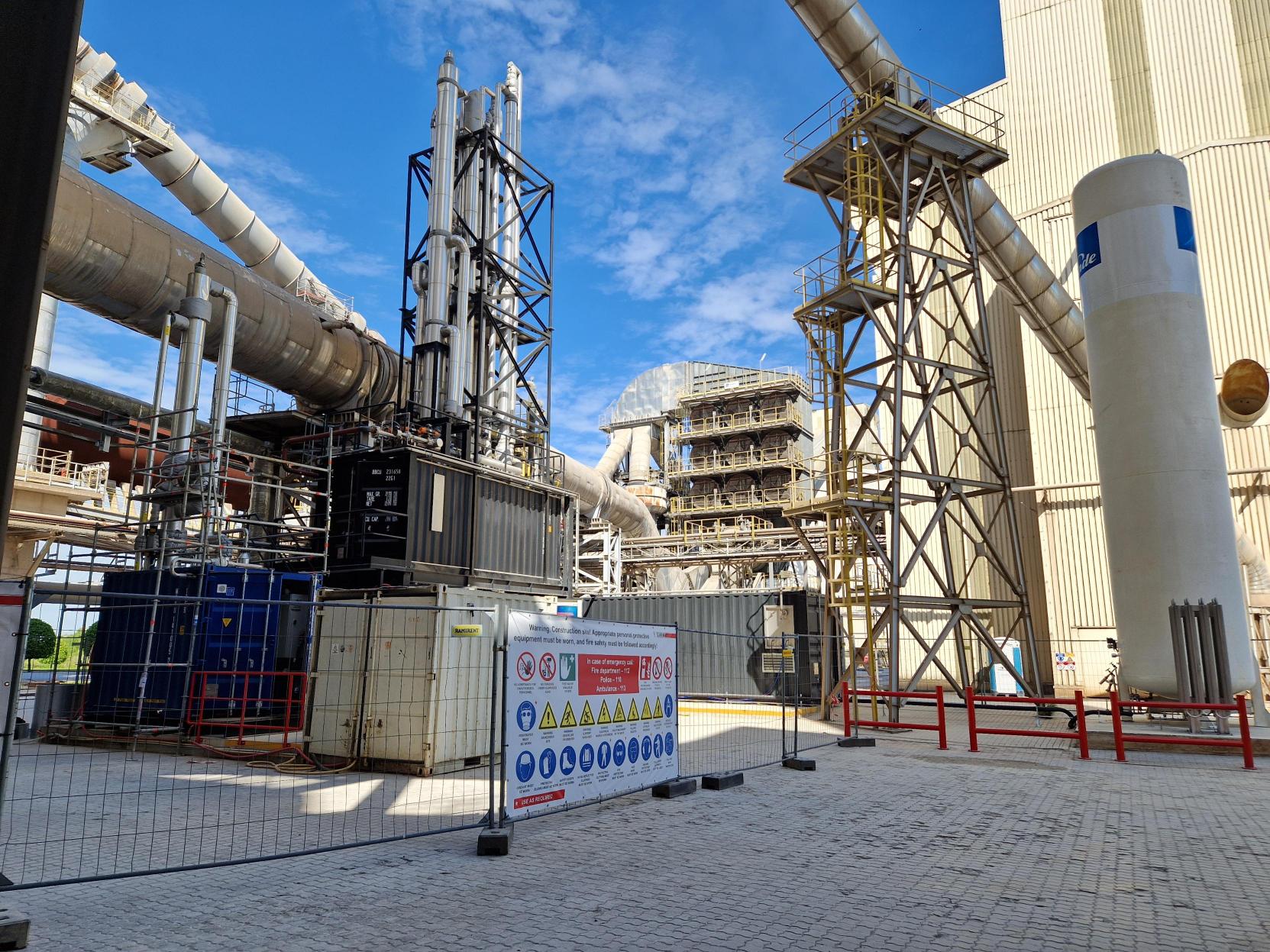
First CO2 Captured at SCHWENK Latvija Cement Plant in Brocēni
A significant milestone on the path to climate-neutral building materials and the future competitiveness of the industry
End of May, the first CO₂ was successfully captured at the Brocēni cement plant using a pilot-scale carbon capture unit from the Norwegian company Capsol Technologies. The CapsolGo® demonstration unit will operate in test mode until the end of the year, capturing around 2 tonnes of CO₂ daily. This marks an important step in SCHWENK’s broader decarbonization strategy across its European operations.
“We at SCHWENK have come a long way through extensive analysis, studies, R&D processes and impact assessments to reach the point of the first CO2 captured,” says Reinhold Schneider, Chairman of the Board of SCHWENK Latvija and Managing Director of SCHWENK Northern Europe. “Considering that cement is the base of the whole construction and building materials value chain and at the same time accounts for around 8% of Latvia’s CO2 emissions, SCHWENK is strongly committed to launch a full-scale carbon capture plant in Brocēni by 2030. This test phase brings us one step closer to that”.
The CapsolGo® pilot plant is part of a broader technology evaluation program within the SCHWENK Building Materials Group. It has already been tested at the Akmenė site in Lithuania and will now be tested for seven months in Brocēni. Based on the gathered information and feasibility studies, the final investment decision is planned for 2027. A full-scale carbon capture plant at the Brocēni cement plant could then start to operate at around 2030 and capture around 800 000 tonnes of CO2 annually, aiming to reach net-zero emissions in the cement production. In this case, it will be one of the largest single industrial investments in Latvia in decades.
SCHWENK Latvija is the first industrial manufacturer in Latvia to start testing carbon capture technology and equipment. Decarbonization efforts at the Brocēni cement plant have been ongoing since 2020, with feasibility studies and comparisons of potentially available technologies carried out under the guidance of various international experts.
Brocēni cement plant is already one of the most environmentally friendly and modern in Europe. Over the past 14 years, CO2 emissions from cement production in Latvia have been reduced by 37%, and investments to further reduce the impact and improve efficiency over the last five years amount to €71 million. Around 70% of Brocēni’s production is exported to Estonia, Sweden and Finland. In the Nordic countries, there is already a strong demand for cement with a reduced CO2 footprint, so market conditions are also an important driver for change.
More information
Antra Savleviča
SCHWENK Latvija Communication manager
+371 26422891, antra.savlevica@schwenk.com

